It has been more than three decades since the end of the eight-year Iran-Iraq war, from 1980 to 1988, but the exact fates of many Iranian soldiers, who were killed or went missing in action, remain unclear.
The Islamic Republic officially terms victims of this war “martyrs” and one of these martyrs was Yousef Ilkhichi Moghaddam, a Baha’i villager who was shot and killed on the front line, a few days before his twenty-second birthday. The officials responsible for martyrs’ affairs – compensation and services for their surviving relatives, for instance – initially confirmed his status as a martyr. But when Moghaddam’s family inquired about the circumstances of his death, officials removed his name from the list of martyrs instead of responding to the inquiry. It has been reported that Moghaddam had also been threatened by the ideological watchdog in his garrison because of his Baha’i religious beliefs.
Yousef Ilkhichi Moghaddam was born in 1960 in the village of Ilkhichi in the province of East Azerbaijan. In those years most of the villagers were followers of the Yarsan faith, a religion founded in Iran in late 14th century. A large number of Baha’is also lived in Ilkhichi whose ancestors had converted from Yarsanism. Yousef’s grandfather was one of the first who had become a Baha’i. The two faith groups in the village had friendly relations.
Like most Ilkhichi villagers, the Moghaddam family were farmers, and Yousef spent his childhood on his father’s farm. He was the eldest son and went to school every morning and helped his father on the farm after returning from school.
The school in Ilkhichi did not include upper secondary education and, if a student wanted to continue his education, he had to leave the village and go to the provincial capital of Tabriz. Yousef took his education seriously; after finishing the ninth grade, he left for Tabriz and registered at Vahdat Vocational School for a diploma in electrical engineering. Vahdat is one of the oldest vocational schools in Iran – founded 90 years ago – and has since been registered as a national heritage institution.
After finishing at the vocational school in 1978, Yousef Moghadam participated in the nationwide university entrance exams and passed the exams. In 1980 he received an associate degree in electrical engineering from Tabriz University. He was determined to continue his education but the newly-established Islamic Republic launched a “cultural revolution” to make universities “Islamic” and closed down institutes of higher education until 1983.
Yousef then spent a few months at his parents’ home in the village. He used the time to read books about his two favorite subjects, philosophy and religion, without having to worry about other responsibilities. Other young villagers knew him as a literate and knowledgeable person: Yousef always tried to expand their horizons by giving them books and talking with them about interesting ideas in a friendly way.
Military Service
The war between Iran and Iraq started in September 1980 and, in the spring of 1981, Yousef presented himself for military service. Since he had an associate degree, he was sent to Tehran for a training course to prepare him to serve as a non-commissioned officer. After finishing this course he was assigned to the Sanandaj Infantry Division.
Yousef was a congenial, well-spoken and courteous young man and most of the soldiers in the garrison knew him for these qualities. Whenever they saw Yousef sitting in a corner, reading books, they became curious to see what he was reading; even as, the threat of air strikes and military attacks hung over them. Their curiosity was piqued even more when they learned that Sergeant Moghaddam was reading religious books. But after a while, the garrison’s Ideological-Political Office, the religious watchdog, learned about Moghaddam’s reading and summoned him.
When he answered the summons, the cleric in charge of the office started ridiculing him and insulting his Baha’i religious beliefs. When Yousef protested against the insults, the cleric slapped him in the face, threatening him, saying that someday he would suffer the results of his “impudence” and then threw him out of the room. The Moghaddam family learned about this incident from one of Yousef's fellow soldiers after he was killed.
When Yousef returned home, on his last leave of absence, his father noticed that he seemed worried and asked him to share with his family any problems that were on his mind. Yousef had not yet told his family anything about the harassment by the garrison’s Ideological-Political Office but, this time, when his father insisted, he relented and told them that he had been summoned to the Ideological-Political Office of the barracks several times and had been subjected to inquisitions by the cleric in charge. Yousef added that, in these meetings, the cleric had insulted his religious beliefs and had threatened him.
His father suggested that, considering the situation, he should not return to his post until he could arrange to send his son to Turkey and then to the United States or another country to continue his education. Yousef, however, did not accept and said that he would not allow harassment by the cleric to prevent him from serving his country.
Certificate of Martyrdom
Yousef returned to his post. A month later his body was returned to his family in the village. The agent who delivered Yousef’s remains told his father that his son had been martyred on April 20, 1982, in a clash with armed Kurdish insurgents. But the certificate of martyrdom cited another reason:
In the Name of God
It is hereby certified
Number: 714-01-77
Date: 6 Ordibehesht 1361 [26 April 1982]
Third Sergeant Yousef Ilkhichi Moghaddam, son of Ali, member of Division 28 of Sanandaj, attained the exalted rank of martyrdom on 31 Farvardin 1361 [20 April 1982] in the war with the infidel Baathists of Iraq on the western front of the country.
For the Unit Commander,
Military Police of Tabriz Garrison, Captain Payedar
[Signature and the official seal]
The family were told by the army’s Office of Martyrs’ Affairs that the army was ready to bury Yousef’s body in the village cemetery at its own expense. But the Moghaddam family did not accept the offer and responded that, since their son was a Baha’i, they would bury him themselves according to Baha’i practices for burial.
Yousef’s burial ceremony in Ilkhichi was held in the presence of a large number of villagers from different faiths. Also present were one army officer, two warrant officers and two minibuses of soldiers. The ceremony was held with the recitation of Baha’i prayers.
Yousef Moghadam had friendly relations with most villagers and, because of his popularity, even young villagers who were known to have communist sympathies participated in the ceremony and brought bouquets of flowers. Young Hezbollahis were also there with flowers.
The Foundation of Martyrs’ and Veterans’ Affairs recorded the name of Yousef Ilkhichi Moghaddam on its list of martyrs and his ID was stamped “Martyr” in red. At the time, the law said that if a person was martyred, his brother would be exempt from military service and this law applied to Yousef’s younger brother.
From Martyrdom to the Accusation of “Self-Destruction”
But the story does not end here. As the family was washing Yousef’s body before burial, his father noticed a small bullet hole in his forehead.
Sometime later, he went to the Martyrs’ Foundation and got copies of the reports by the medical examiner and the field inspector. In the medical examiner’s report, the cause of death was recorded as a shot to the temple and, according to the field inspector, Yousef had been killed by a bullet fired by Kurdish insurgents from afar.
Considering the report by the field inspector, the rifle used to kill Yousef must have been a G3, a Kalashnikov or a similar battle rifle; bullets from these rifles create sizable wounds, whereas the bullet hole on Yousef’s forehead was small. Yousef Moghaddam’s father went to the foundation’s inspectorate and, by giving them the two reports, he demanded clarification as to how his son had been killed.
When Yousef’s father and uncle persisted in their requests, the inspectorate sent them a letter, telling them that Yousef had shot himself, or “self-destructed” as they put it, and that as a result his name would be removed from the list of martyrs, and his brother would no longer be exempt from compulsory military service.
But this response contained another inconsistency. The gun issued to Yousef was a G3 rifle and, even if he could have lifted the barrel of such a heavy weapon high enough to shoot himself in the forehead, the bullet wound would have been far larger. Further inquires by the family got them nowhere and, instead of addressing this inconsistency, officials closed the case.
In 1986, a group of masked intruders attacked the Baha’is in the village of Ilkhichi. They burned all documents and pictures in the Moghaddam family home and set the house on fire, forcing the family to leave the village. They also broke Yousef’s gravestone and it has remained broken. Yousef’s father never got anywhere with his inquires, and died from Covid-19 in 2020.
Related Coverage:
Farhang Shah Bahrami: An Iranian Baha'i Martyr of War
Mehrdad Badkoobeh: An Iranian Baha'i Martyr of War
Saeed Masoudian: An Iranian Baha’i Martyr of War
Gholamreza Alaei: an Iranian Baha'i Martyr of War
Behrooz Mehregani: An Iranian Baha’i Martyr of War
Farhad Zahedi: A Baha'i Martyr of the Iran-Iraq War
He was not Deemed a Martyr Because He was a Baha'i
30 Years After The Iran-Iraq War Baha’is Sacrifices Still Not Recognized
visit the accountability section
In this section of Iran Wire, you can contact the officials and launch your campaign for various problems




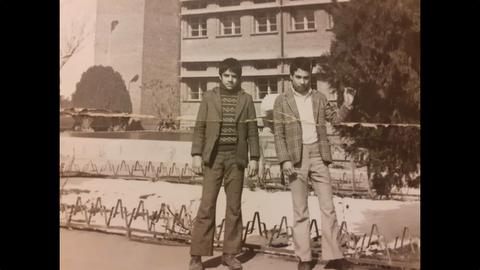
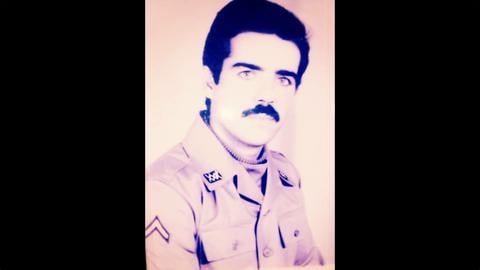
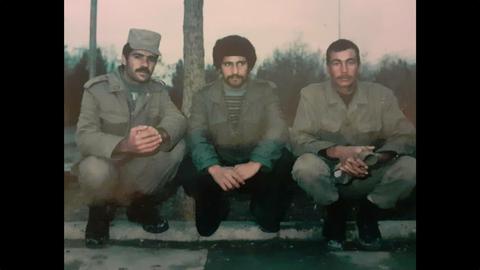
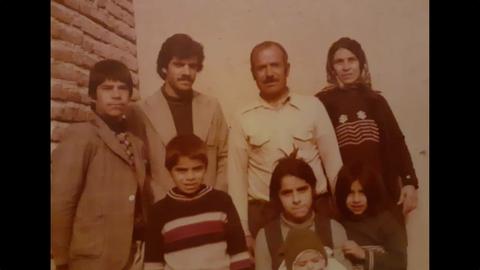
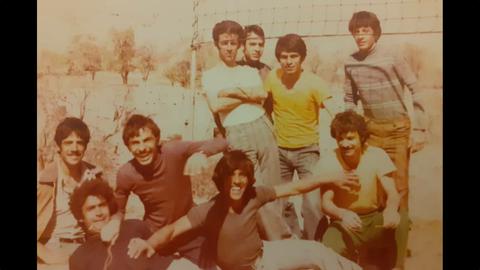
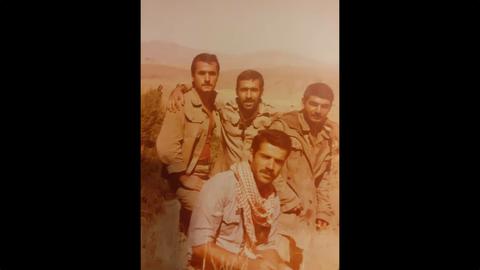
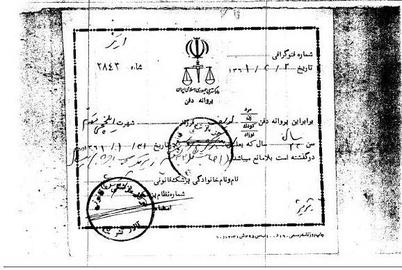

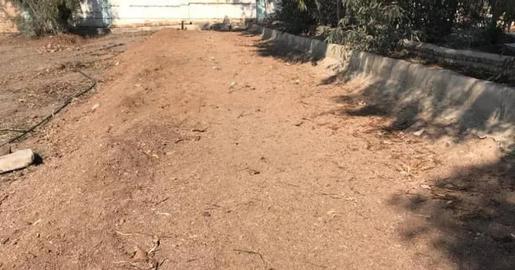
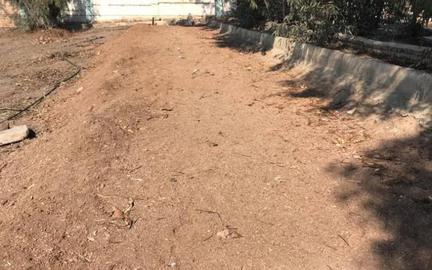

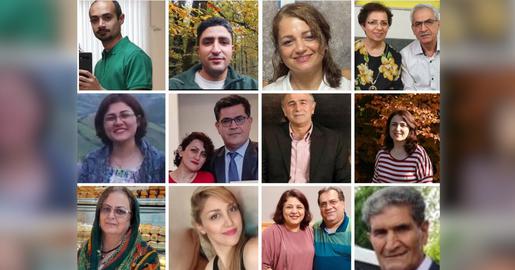
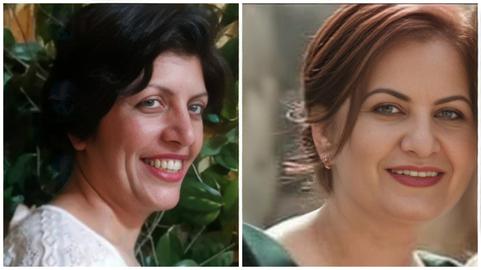

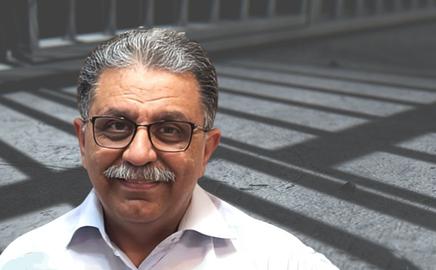
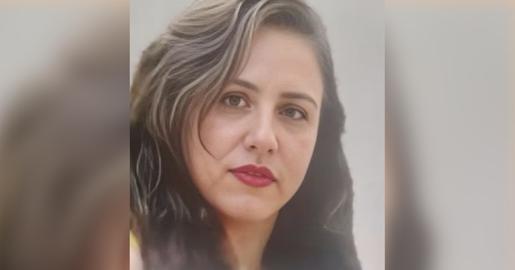
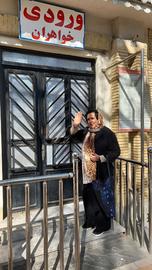
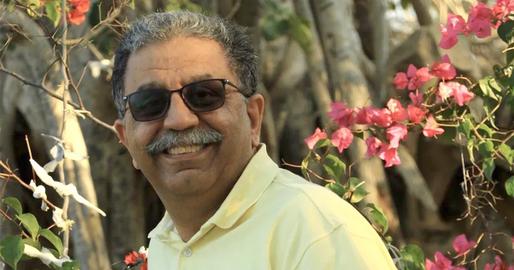




comments